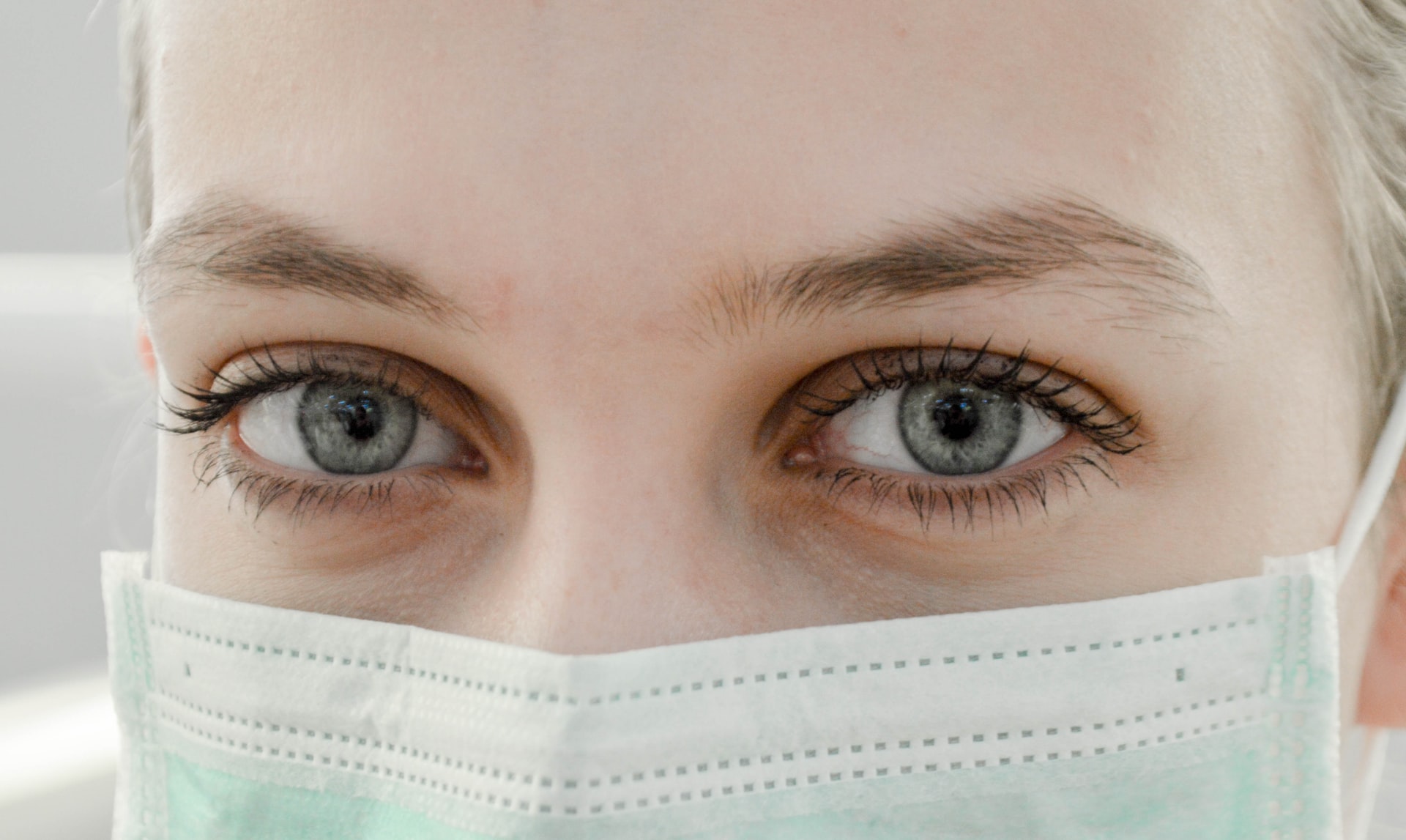News release
From:
As part of a special package from Science’s News team, “Social Media Storm: How science gets swept up,” Cathleen O’Grady reports results of a survey Science conducted to explore the rise of harassment and intimidation of COVID-19 researchers. Since early in the COVID-19 pandemic, scientists around the world have been targeted by people who believe that the pandemic is a hoax, that the virus was created intentionally to cause harm, or that vaccines are dangerous. To better understand the level of intimidation, its effects, and the ways scientists cope, Science asked 9,585 researchers who have published on COVID-19 to fill out an online survey about their experiences. Of 510 who responded, 38% reported at least one type of attack. Only a small minority experienced intense levels of harassment and a majority reported no such experiences at all. (These findings report lower numbers than a Nature survey published in October 2021 in which 81% of 321 COVID-19 scientists who spoke to the media reported receiving at least occasional personal attacks.) Publicly taking some positions – for instance, against the use of ivermectin to treat COVID-19 without sufficient evidence for its efficacy – had particularly strong links to harassment.
Compared to the results of Science’s survey of COVID-19 researchers, harassment was more prevalent in a separate survey of over 44,000 members of the American Association for the Advancement of Science (AAAS), Science’s publisher, which asked not about harassment during the past two years, but over scientists' entire careers. In that survey, 51% of respondents reported receiving at least one kind of harassment, sometimes continuing for decades. “Although the [AAAS] results are impossible to compare directly to the COVID-19 survey—which only looked at the past 2 years—they indicate that harassment is not new or limited to COVID-19,” writes O’Grady. But the pandemic, which struck at a time when polarization was already on the rise, has been the first experience of abuse for some scientists and made things worse for others.
Researchers exploring the dynamics behind such attacks against scientists point to phenomena like “networked harassment” – abuse by swarms of people who share social media networks – and by activity from pundits, politicians, and commentators who purposefully court conflict on social media. The impact has not stopped some researchers, like climate scientist Michael Mann, from speaking publicly for many years, but others may not want to pay that price. Results from Science’s survey found that fewer than 10% of harassed COVID-19 researchers received legal (7%), technological (8%), security (5%), or mental health (6%) support from their employers. Some commentators say increased attention to the new victims may be the catalyst for research institutions to finally pay attention to the issue. Universities that encourage public communication need to recognize that they are exposing researchers to a hostile environment, and that the impact of this may fall disproportionately on people from more marginalized groups, experts say.
Expert Reaction
These comments have been collated by the Science Media Centre to provide a variety of expert perspectives on this issue. Feel free to use these quotes in your stories. Views expressed are the personal opinions of the experts named. They do not represent the views of the SMC or any other organisation unless specifically stated.
Lyndal Byford is the Director of News and Partnerships at the Australian Science Media Centre
This report echoes the findings of our own survey, with one key difference, which is the impact of media exposure on the level of harassment scientists experience. This survey suggests that 38 per cent of COVID-19 scientists had experienced harassment, whereas our survey found that the level of harassment among Australian scientists who spoke to the media was much higher, at around 62 per cent.
While these results aren't directly comparable, they do indicate the role the media can play in focusing the burden of harassment on the shoulders of scientists who take time out to communicate with the public. In fact, this Science survey also found the amount of harassment COVID-19 scientists experienced was linked to the amount of attention they received on social media, in news stories, and as policy advisers.
Scientists engaging with the media must be better prepared and supported if we want them to keep informing the public about important challenges we all face, such as the pandemic and climate change.
The Australian Science Media Centre is developing a series of training materials and resources to better prepare scientists across the board to deal with trolling and abuse.
Dr Evita March, Senior Lecturer in Psychology, Federation University of Australia
Experiencing online harassment and abuse can have significant impact, such as increased stress, anxiety, and suicidal ideation. Despite climate change scientists having been targets of online trolling and cyber abuse for some time, scientists and researchers have typically not been identified as a vulnerable group online. COVID-19 shone a timely spotlight on the online harassment and abuse scientists and researchers experience – an important issue that warrants consideration and additional support.



 International; VIC; SA
International; VIC; SA


